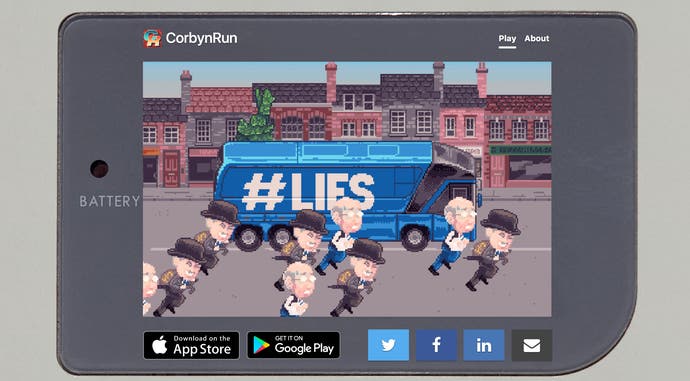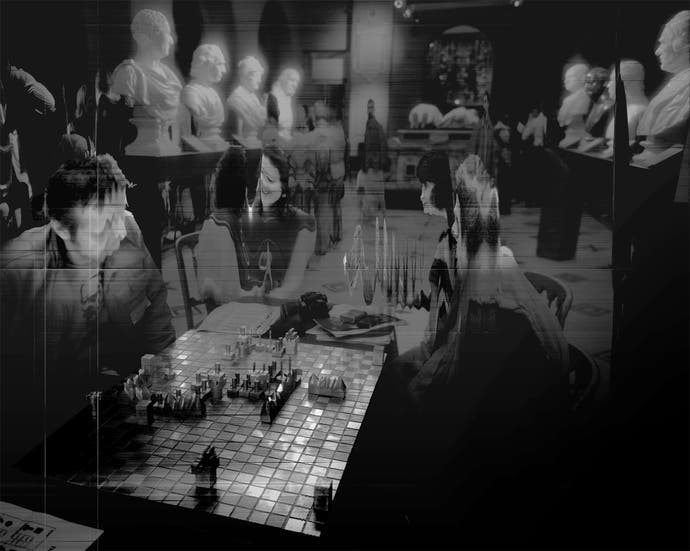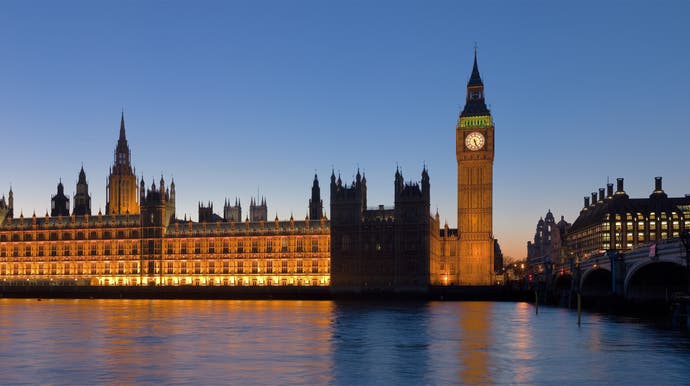Can tabletop games reshape the government?
Hello Utopia?
"Play The Game of War," says the monotone voice, as footage of a silver board topped with jagged counters fades into view, "and you will learn how to transform the enclosed lands of spectacular capitalism into the participatory playgrounds of cybernetic communism."
A pair of disembodied hands move three golden cubes into a battle formation. Scattered across the grid are pieces shaped like castles, flags and mountain ranges. As futuristic visions from The Matrix dissolve into a quote, I skim the phrases "proletarian revolution" and "the autonomy of place". The video later explores the theory of "libidinous combat", and it's everything it promises to be.
I am on the website for Class Wargames, an organisation which declares itself an "avant-garde movement of artists, activists and theoreticians." The group has reproduced Guy Debord's board game Le Jeu de la Guerre or The Game Of War - no easy feat considering its creator had all copies of it reduced to pulp shortly before he killed himself in 1994. A short film created by the organisation about the game holds prominent place on the homepage.
High-ranking members of the UK Labour Party have been playing The Game of War under direction from Class Wargames' founding member Richard Barbrook: seasoned academic, leader of Games for Everyone, writer behind The Game Of War short film, and a recent addition to the Shadow Treasury war gaming team.
Not his first foray into politics and gaming, Barbrook was also involved in the creation of Corbyn Run, a well-known example of "ludic propaganda". For those of you who have relegated all memories of the 2017 general election to the Bad Place, Corbyn Run was a web and mobile game developed by Games for the Many. You play Labour leader Jeremy Corbyn, shaking down bankers for policy pledge payments while prime minister Theresa May lobs champagne bottles at you from a helicopter. Later on you are chased by a horrifying phantom vision of Margaret Thatcher.

This "Ludic Subversion of Tory Mendacity," garnered over 150,000 downloads in its first week. It was a tantalising hint of how video games can encourage political engagement, or at least drum up a tonne of publicity.
Last year - just months after losing the general election - Labour Shadow Chancellor John McDonnell revealed at a party conference that his economic team would be playing war games with expert supervision for "future scenario planning"; or, to put it another way, they would be role-playing everything from a banking crisis to a terror attack. According to McDonnell, this would allow the party to "hit the deck running" should they attain power. Potential catastrophes brewing in the face of Labour's planned radical tax reforms include: an exodus of UK investors, complete economic collapse, and retaliation from the 'establishment'.
The mechanics of The Game of War veer between hardcore strategy staples and quasi-mystical Communist rhetoric. The game resembles a chessboard, with pieces of different value that are moved around a grid. No unit - even the powered-up calvary - can move without being in direct line of a friendly arsenal piece; crucial to winning the fight, they represent the war economy.
Debord, a left-wing Marxist theorist, artist, film-maker and philosopher-extraordinaire claimed that his game encompassed all factors at play in wartime maneuvers: the "dialectic of every conflict". The Game of War alludes to tactics consistent with principles laid down in eighteenth century warfare, military strategy and insights gleaned from historical events such as the French Revolution. Etched within its design, in other words, are strategic gems gleaned from some of history's keenest military minds.
There are many routes to victory: none of them certain, nor straightforward. "[Players] are locked in a life-or-death struggle to break their opponent's lines of communication while preserving their own," wrote Debord. The key to victory, he maintained, is to "understanding the strengths and weaknesses of the terrain on both sides of the board."
Although the game recommends Napoleon's winning techniques, it does not commend his motivations. The short film on the website pokes fun at wars of conscription, at one point blaring the storm of kazoos and banjos that is the anti-Vietnam War song I-Feel-Like-I'm-Fixin'-to-Die Rag.

War games are leveraged by all manner of organisations to model the unforeseen catastrophes possible in any large-scale undertaking. Military analogies abound in the corporate world, with plenty of self-proclaimed business leaders espousing management training lore from the likes of Machiavelli and Sun Tzu. At a party conference last year, Barbrook noted that war-gaming is already widely employed by private firms and government officials. His short film asserts that the game has been adopted by the "class enemy": the military, the media, the corporations, and assorted overlords. It describes how the "spectacles" of consumerism and Stalinism have enslaved people with "lurid fantasies of the War on Terror".
But can the myriad complexities of any potential event be whittled down into the limited movement of units on a grid? Recent developments suggest that people certainly believe so.
A cursory Google search yields an example of a "high-tech company's senior executives" who ran war games in the wake of the recession. The firm's employees played at being competitors and stakeholders fighting against the company's team. An abundance of unusual insights were revealed by the exercise, which went on to inform the company's ongoing business strategy. There is no doubt these abstract simulations can reveal new perspectives on complex problems.
Meanwhile, the large-scale datasets used to model the weather and natural disasters - be that for insurance peddlers or space stations - plus the more insidious aspects of military and corporate strategy have proven we can get unnervingly close to predicting the future by observing the increasingly granular data of the past.
Overcoming conflict is arguably at the root of any drastic change at an individual or societal level. We have also learnt that the secrets of effective strategy can be sifted from a study of history: what worked, and what most certainly didn't. We can play through events, and in their study help usher in strange new visions, to be tested yet again. What better map for change than the curious drama that lies at the heart of any tabletop game?
The Samaritans can be contacted on 116 123.

